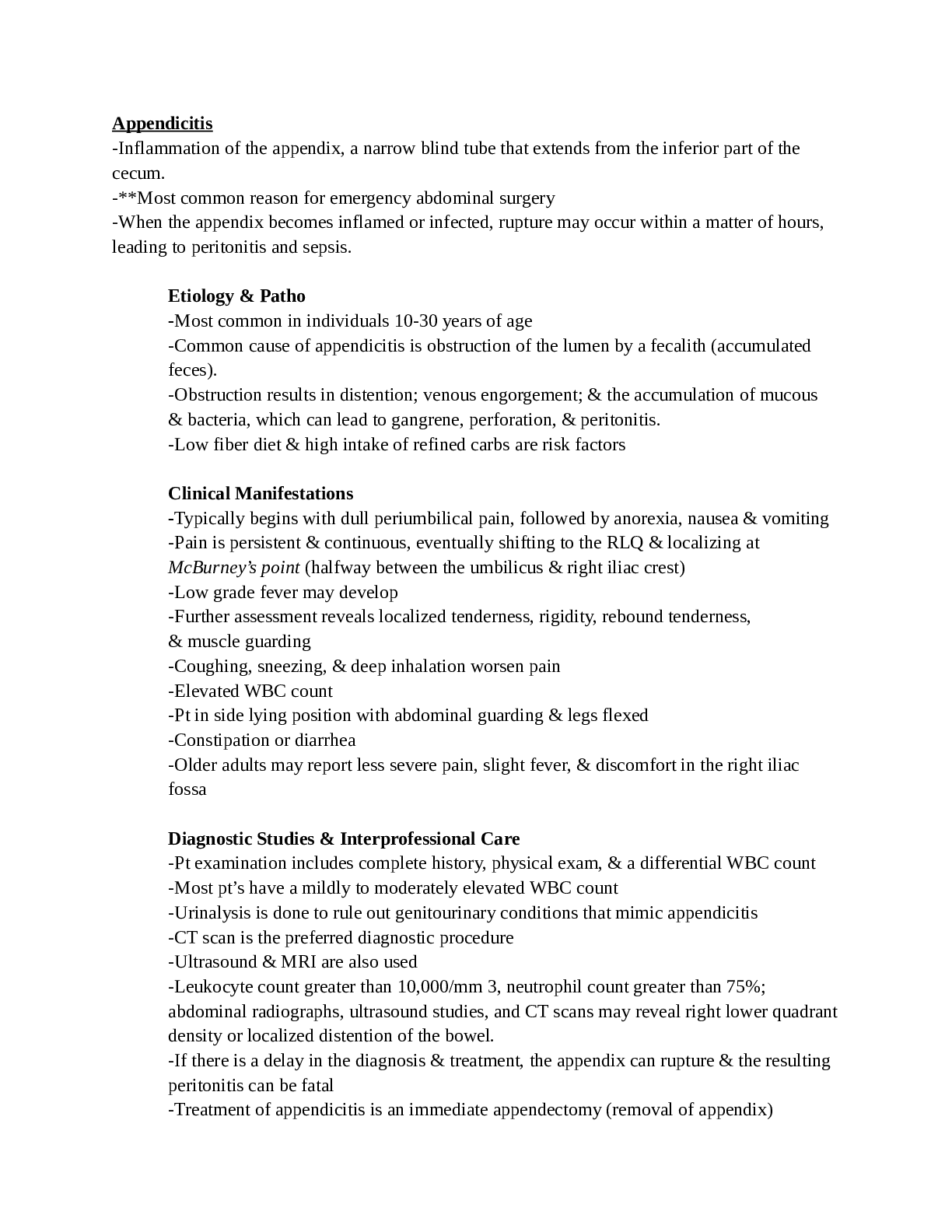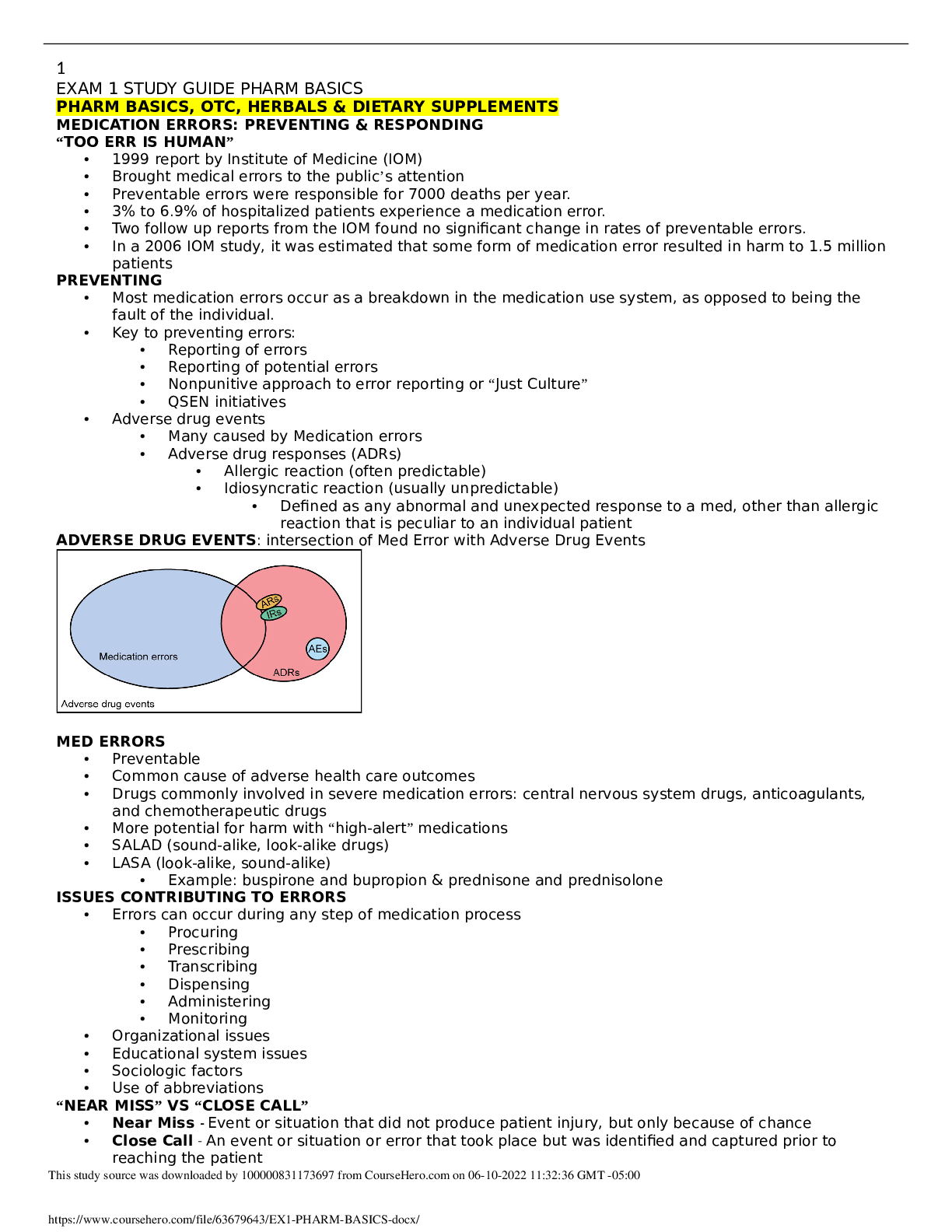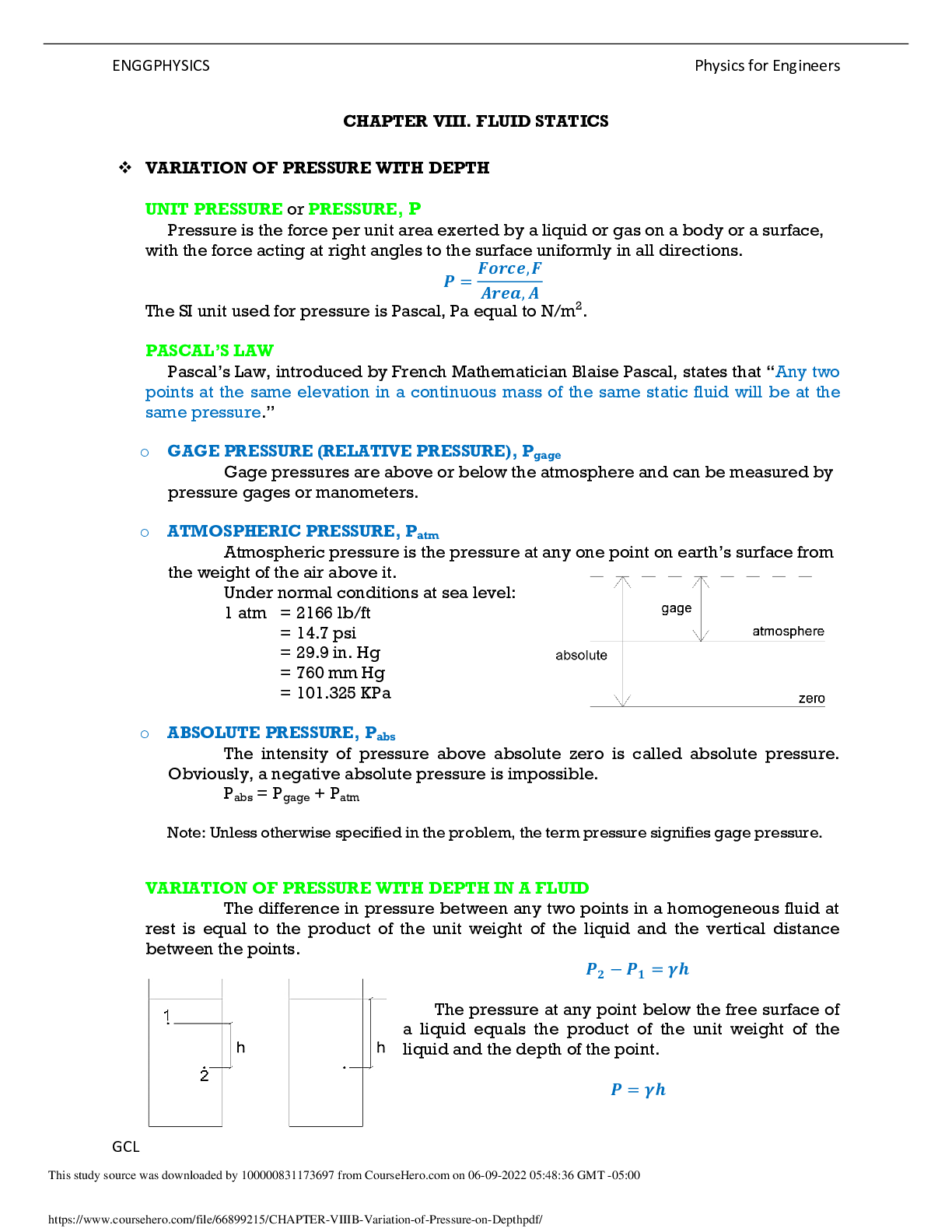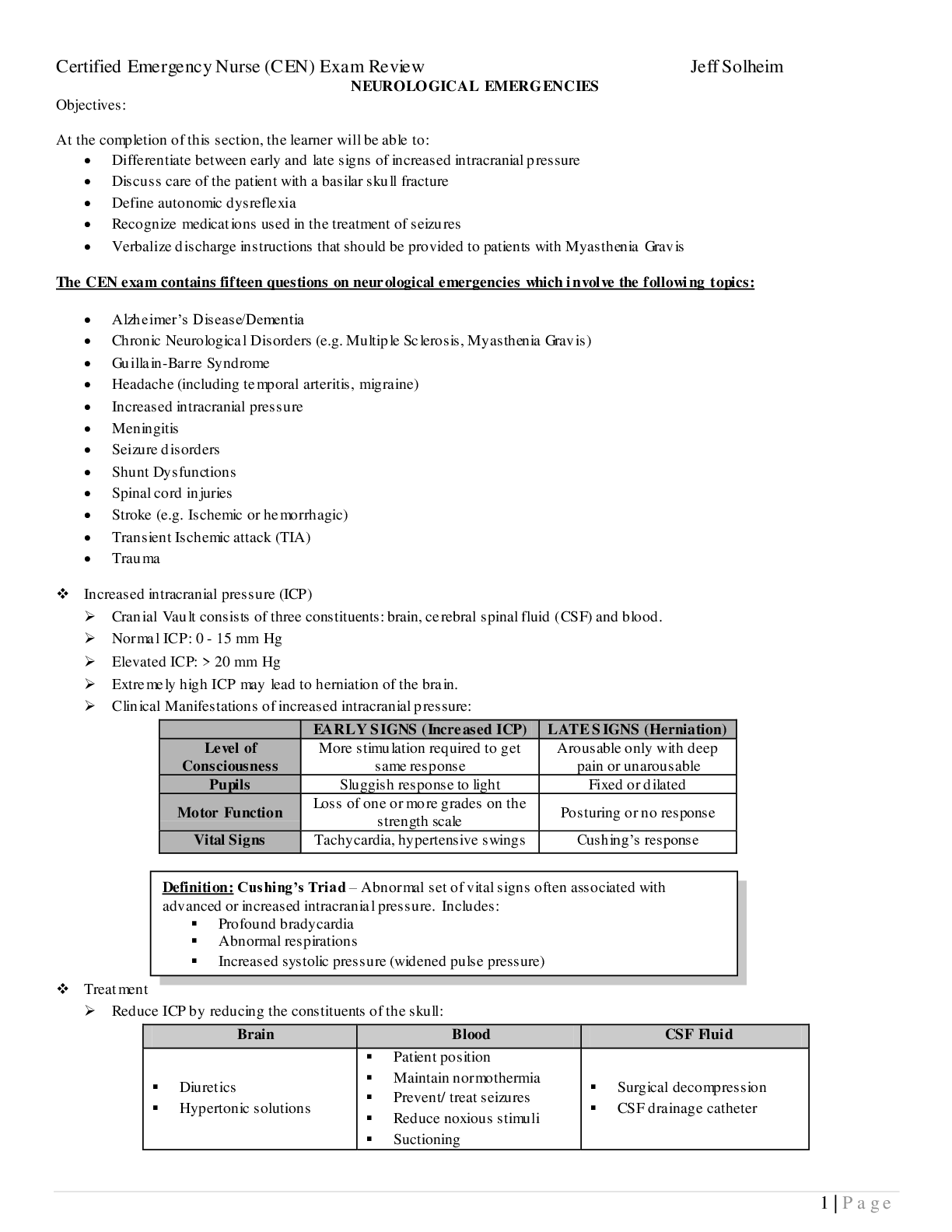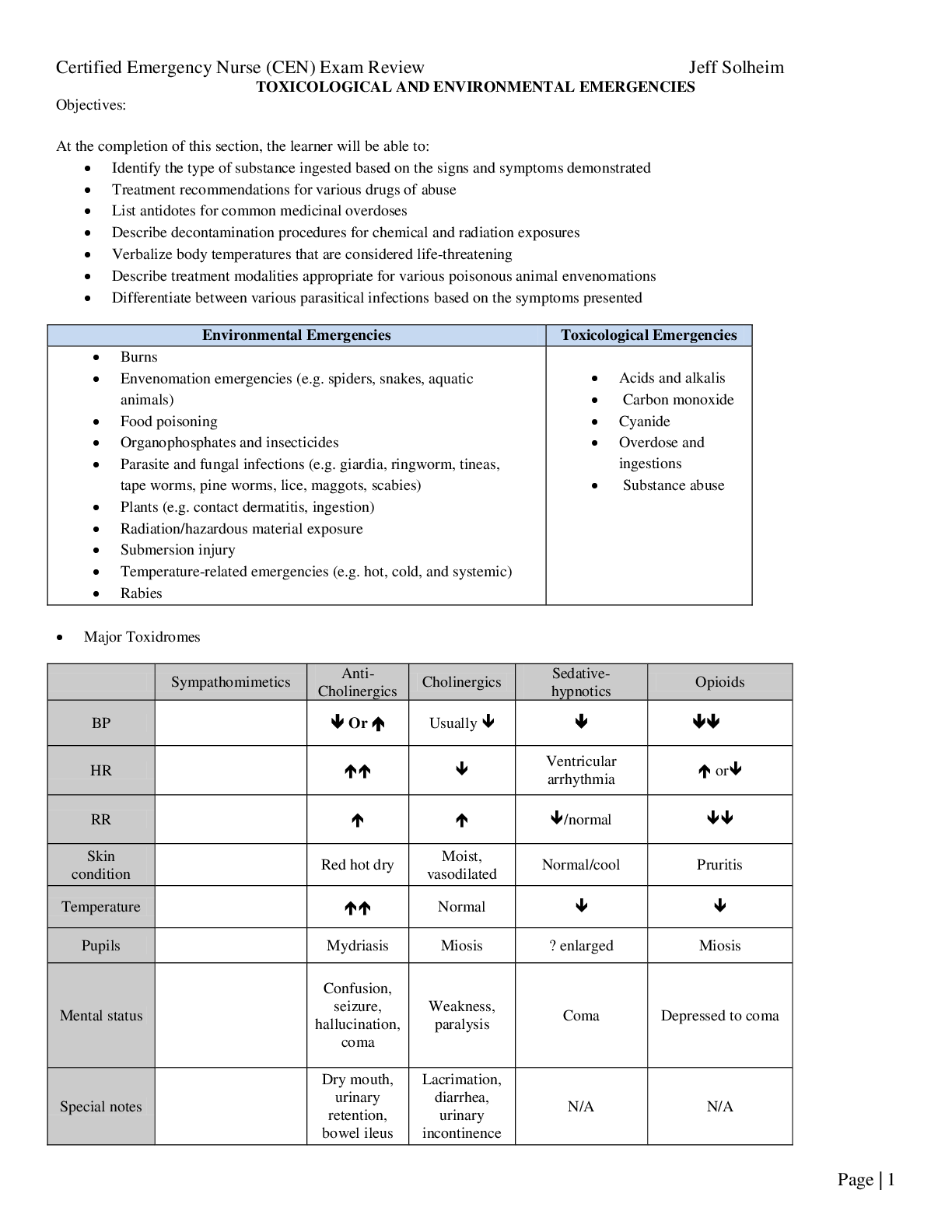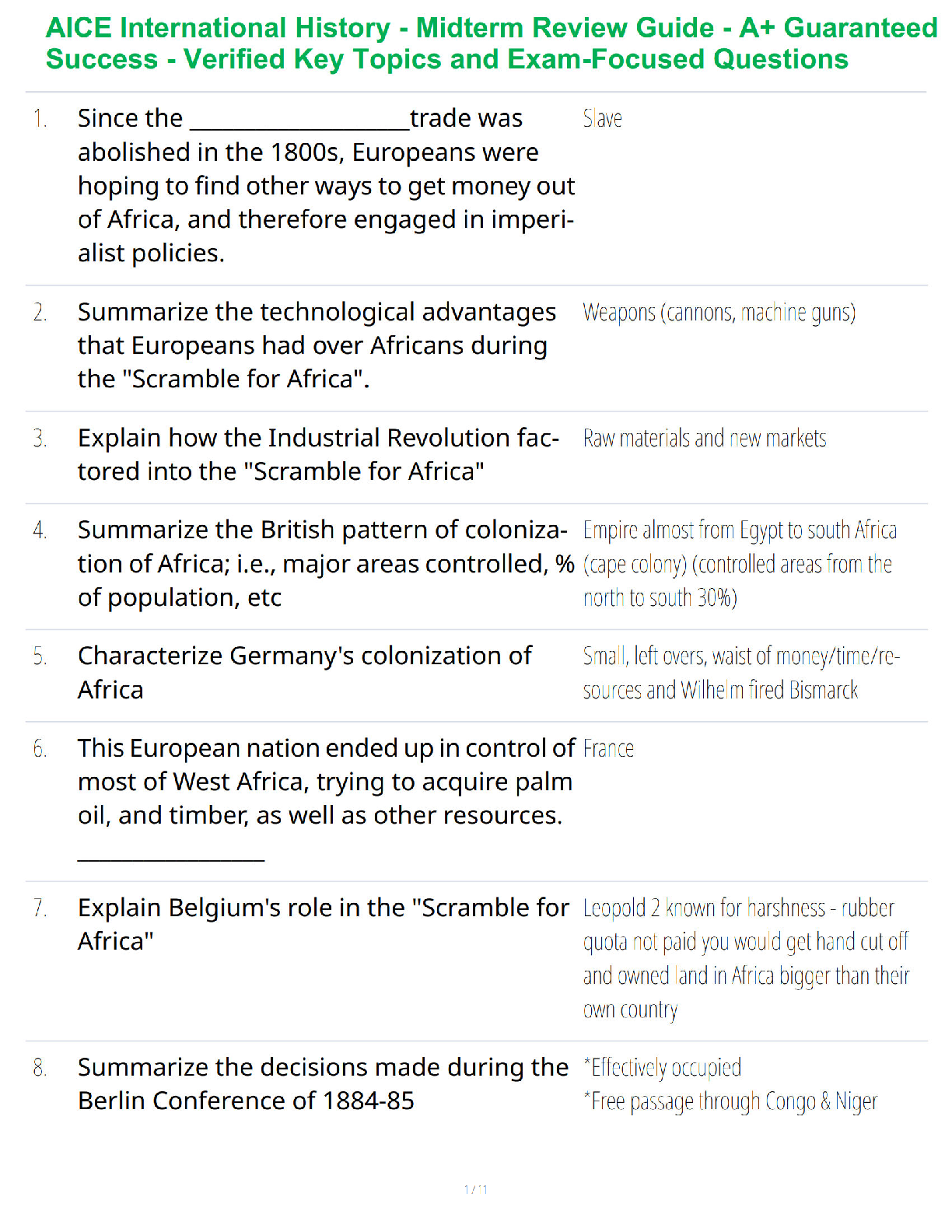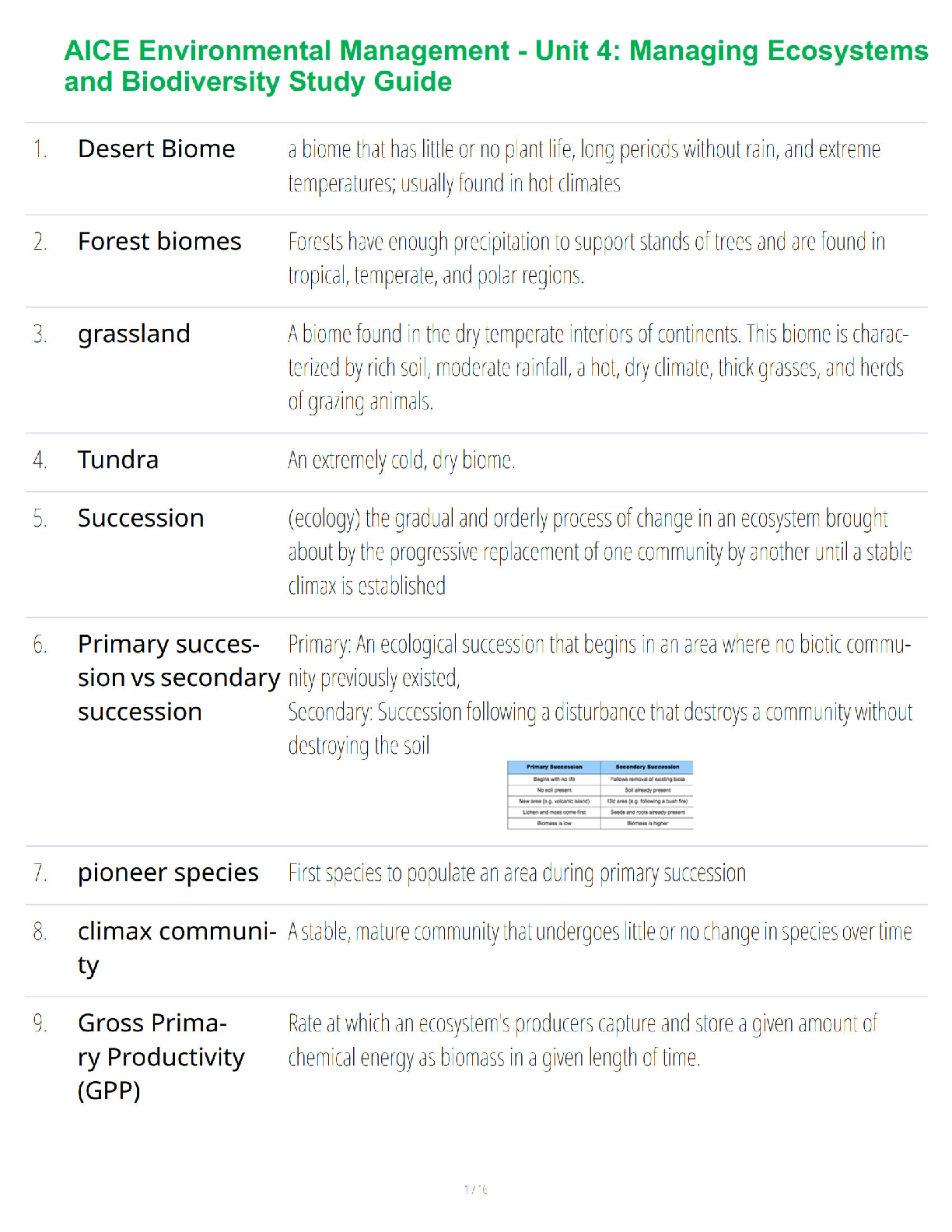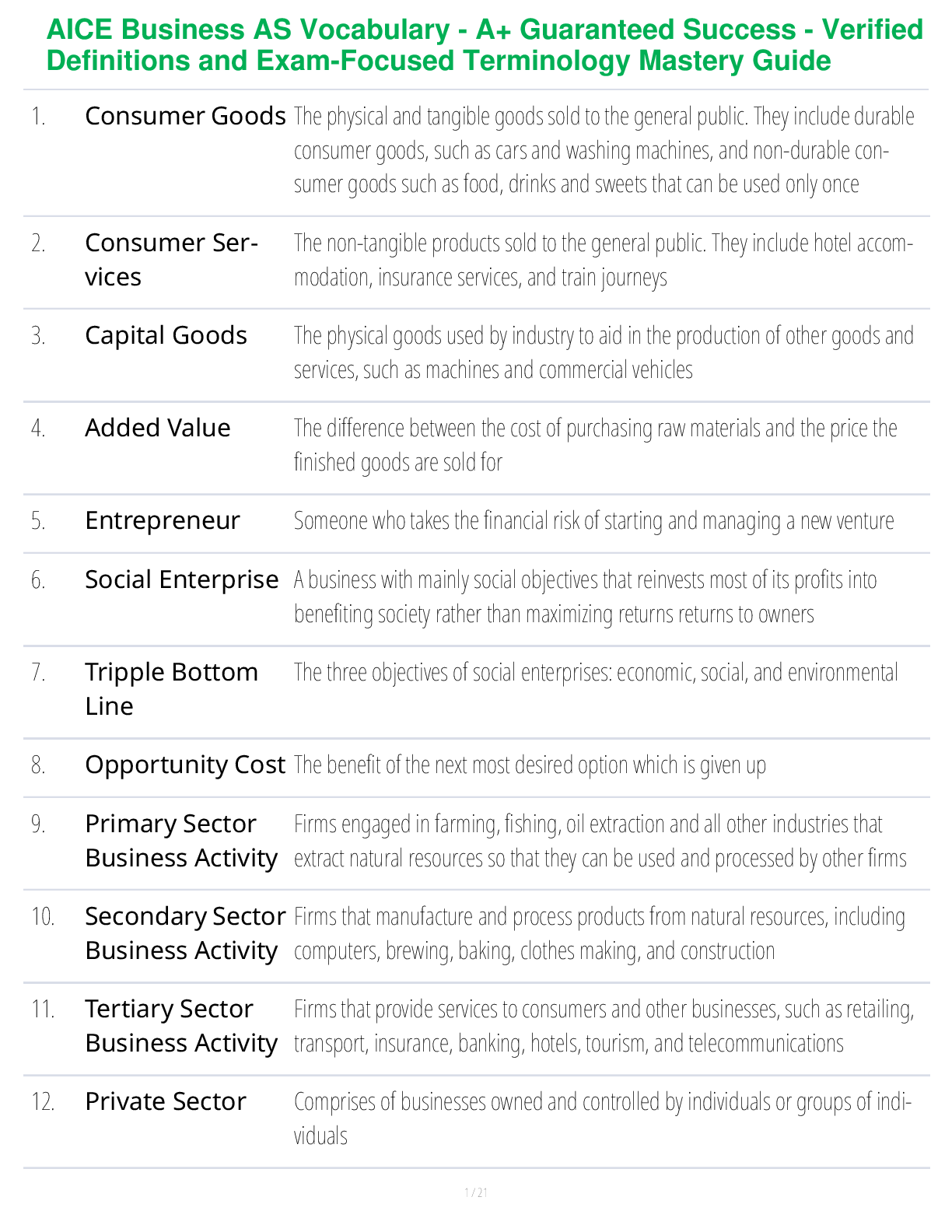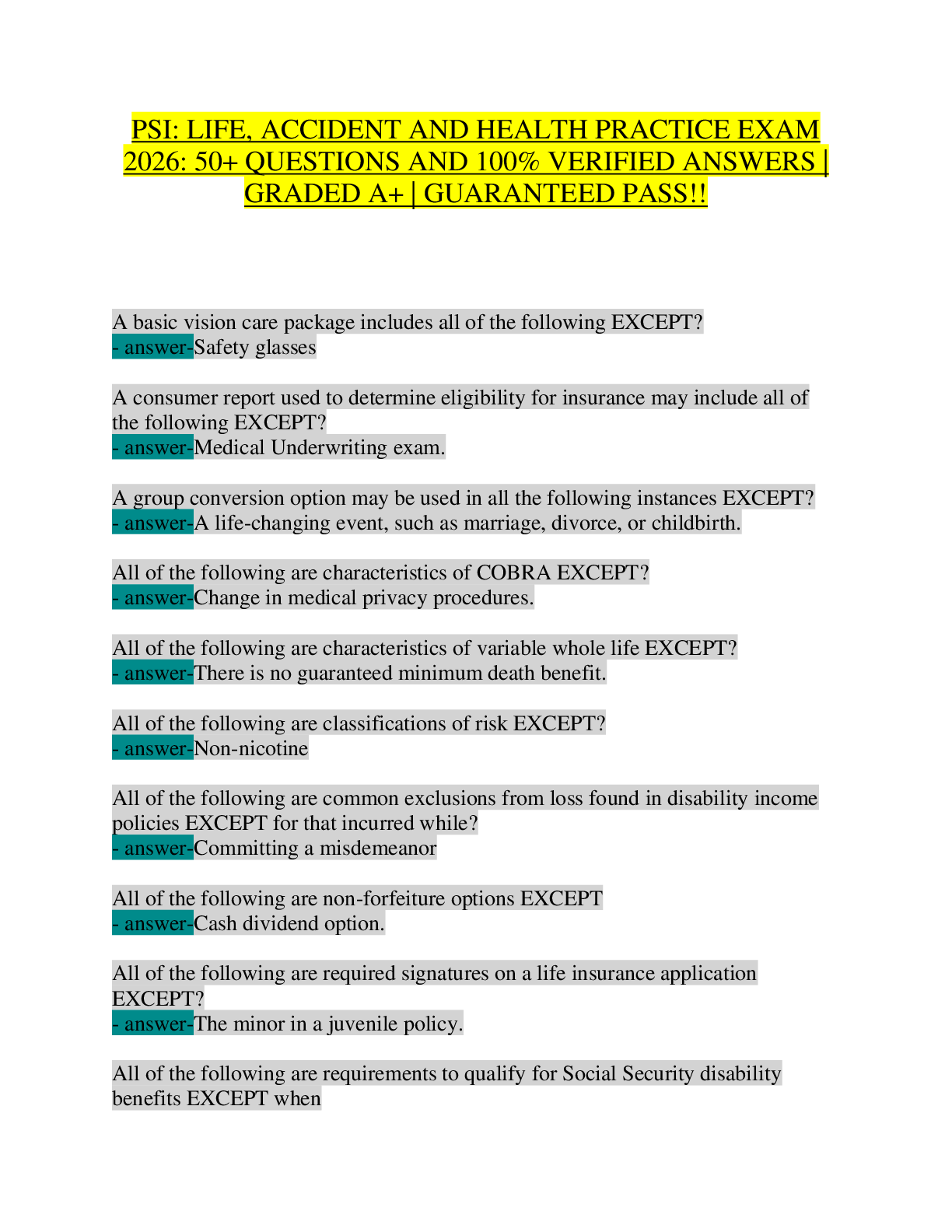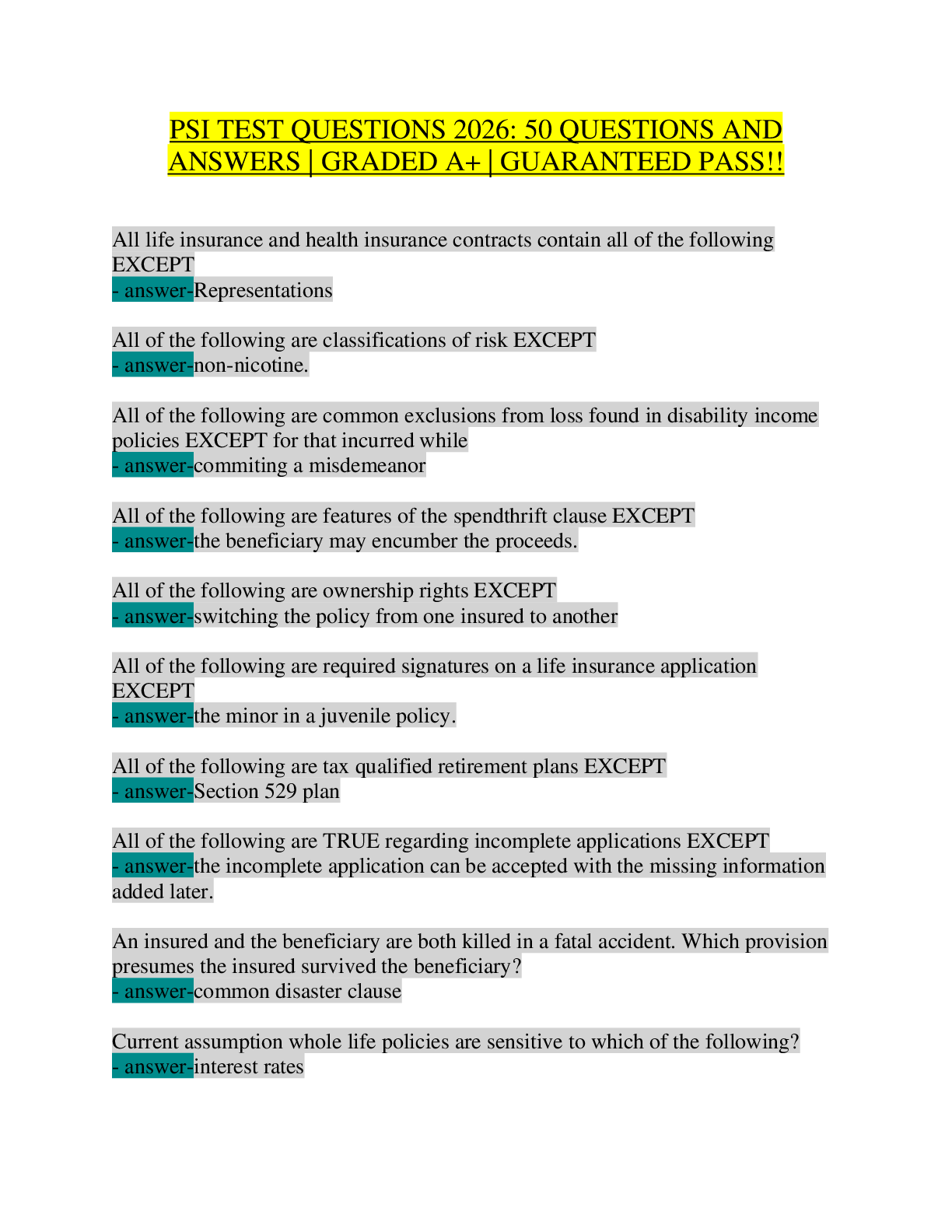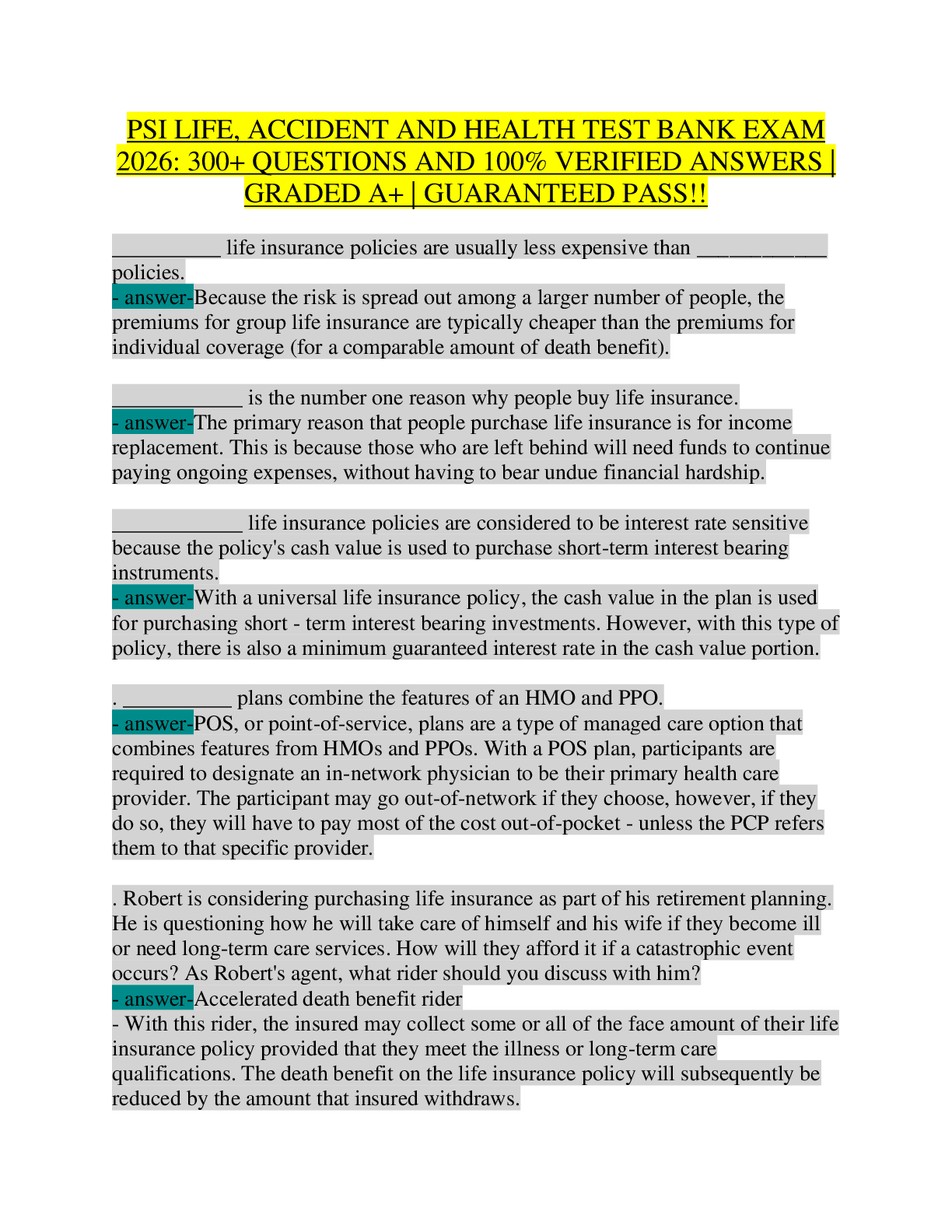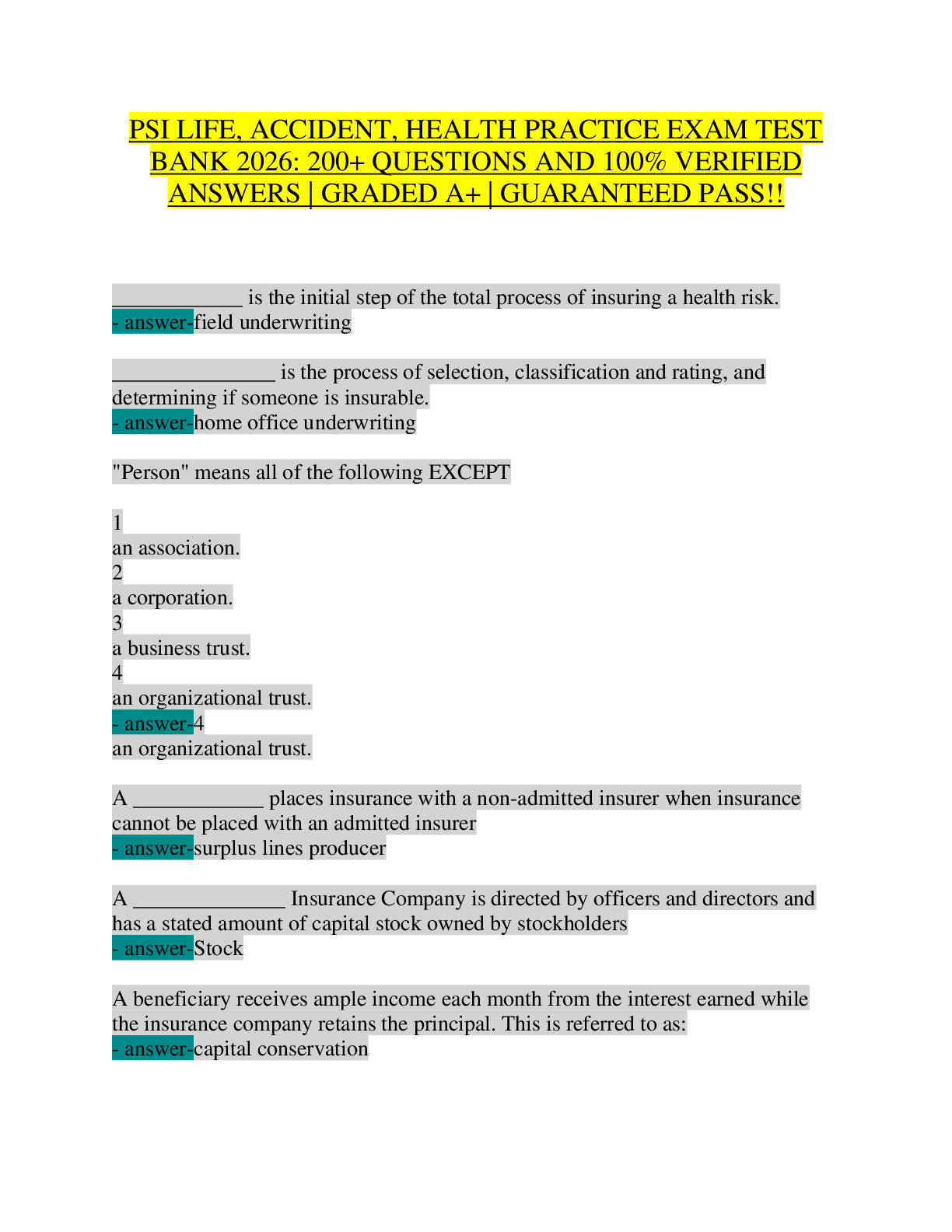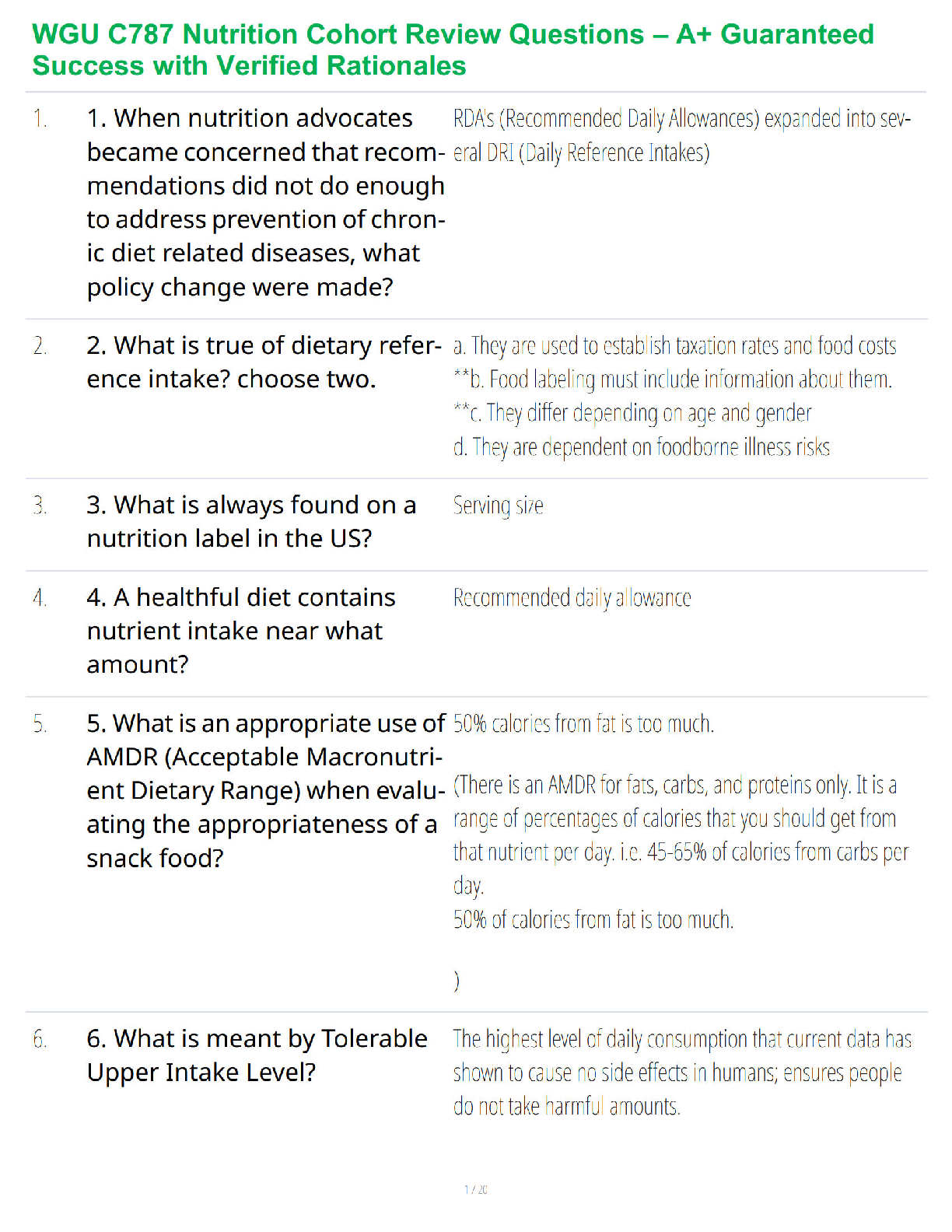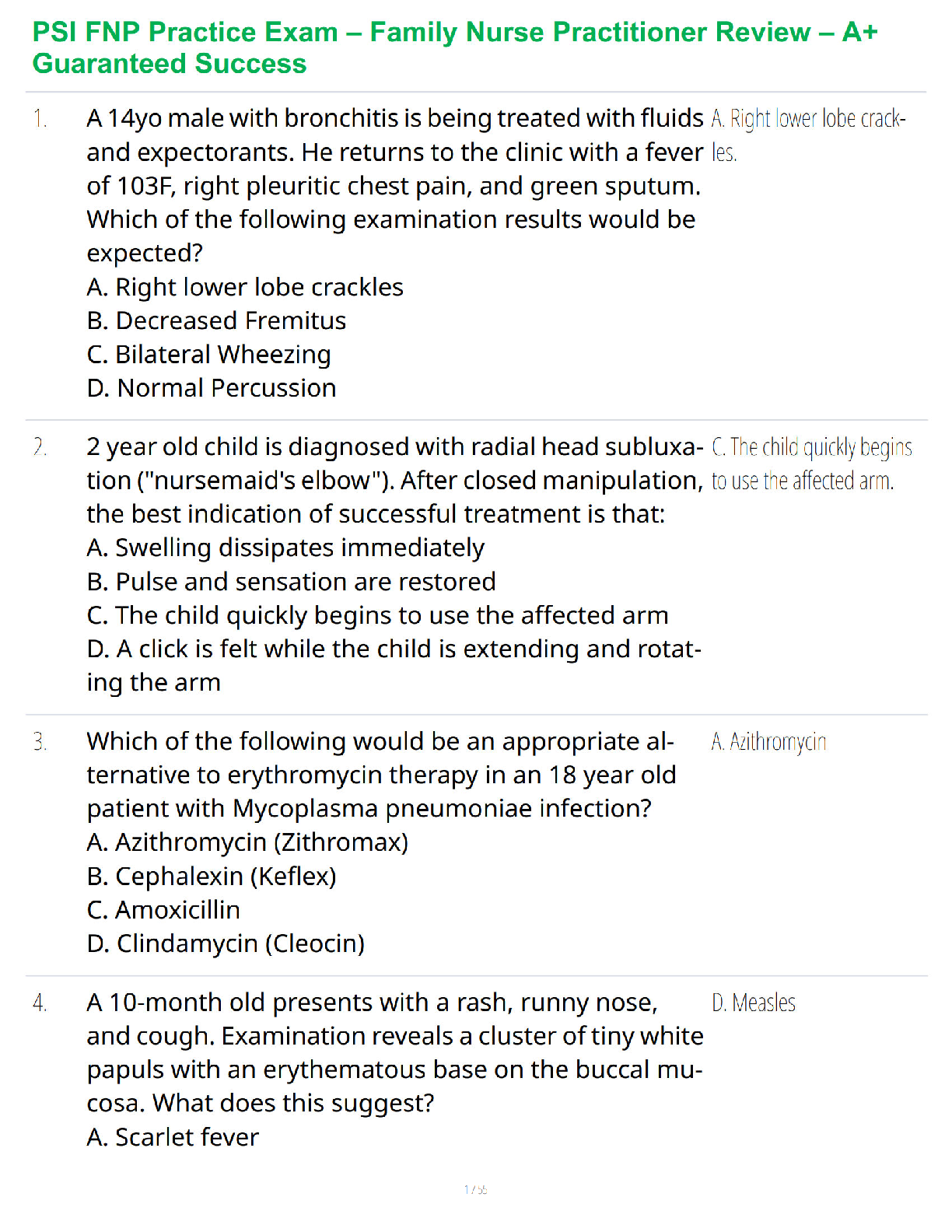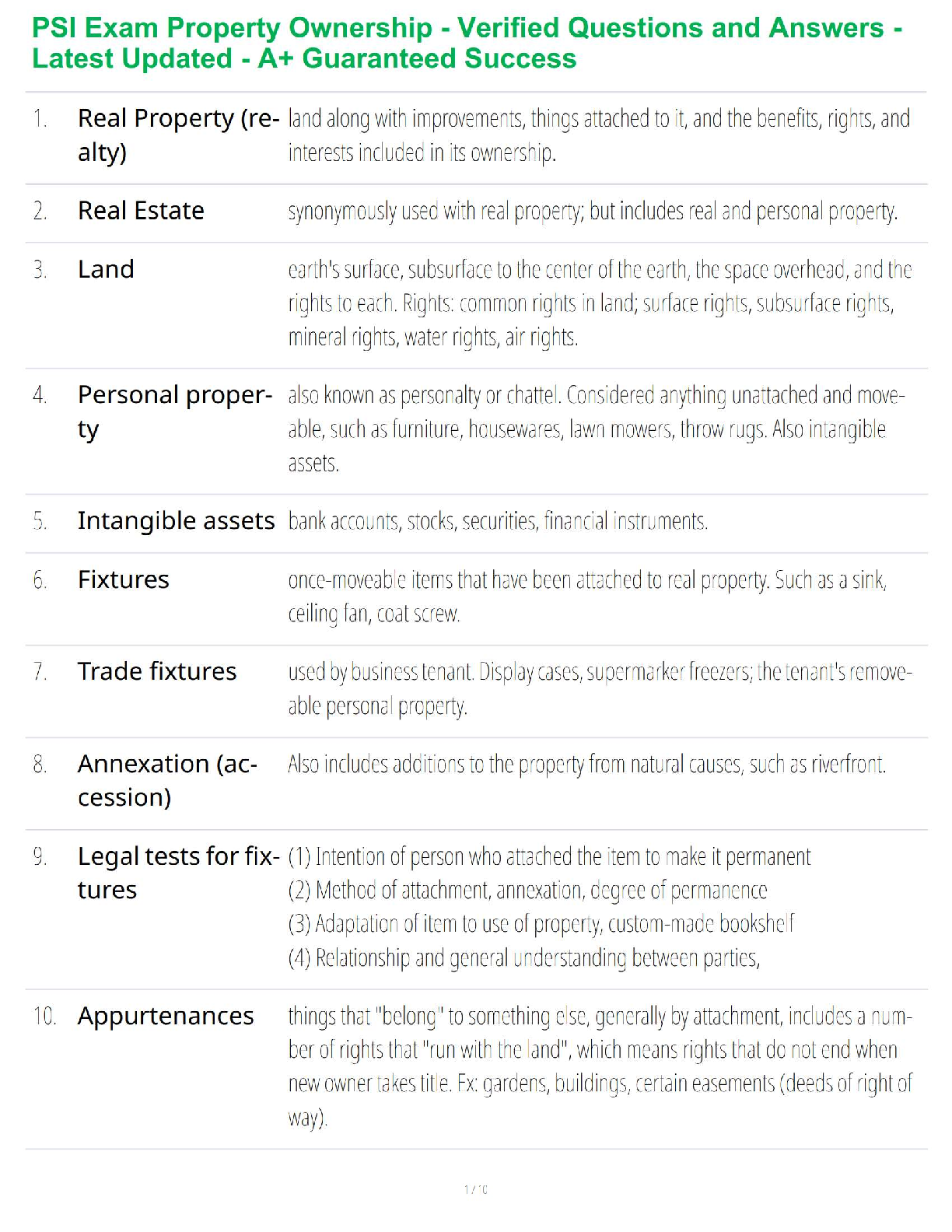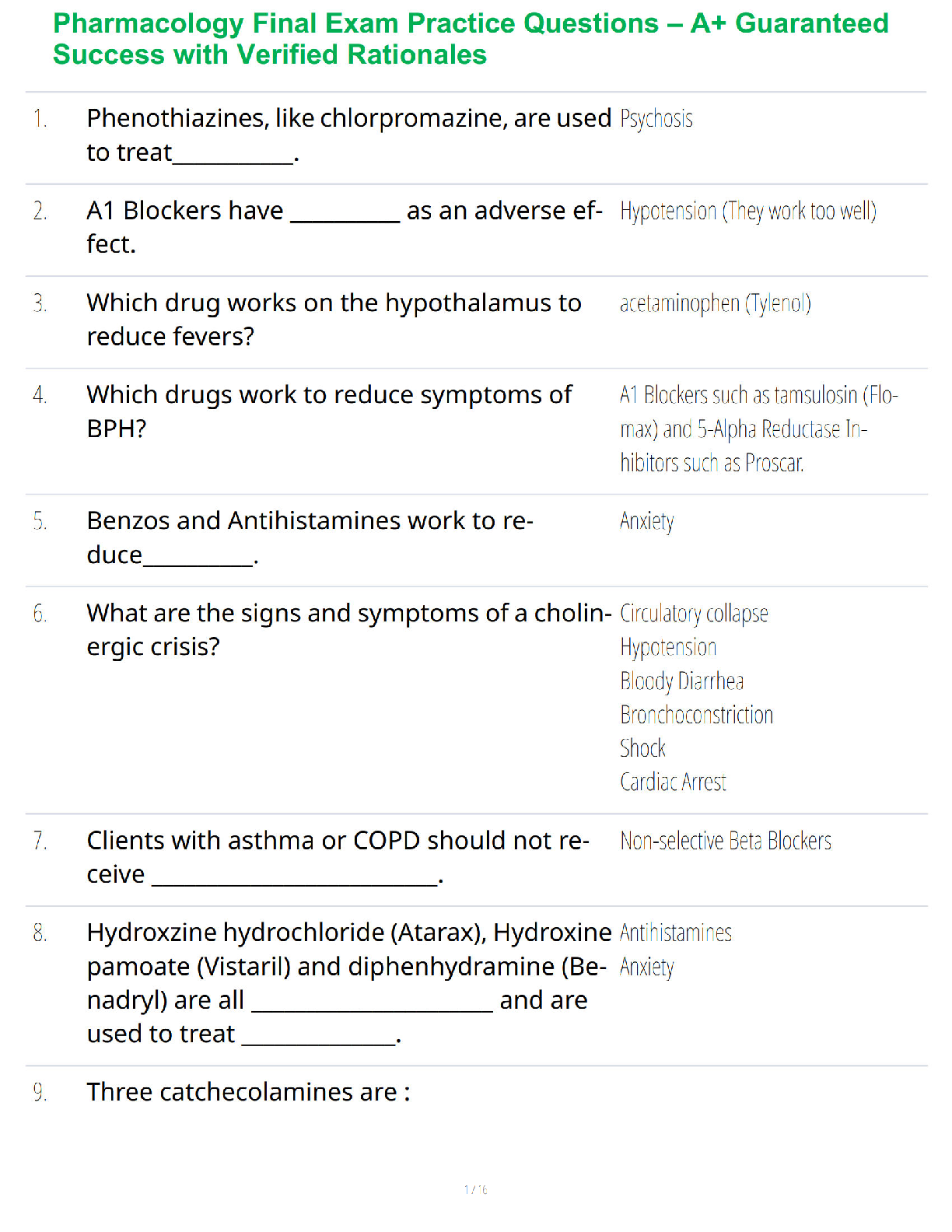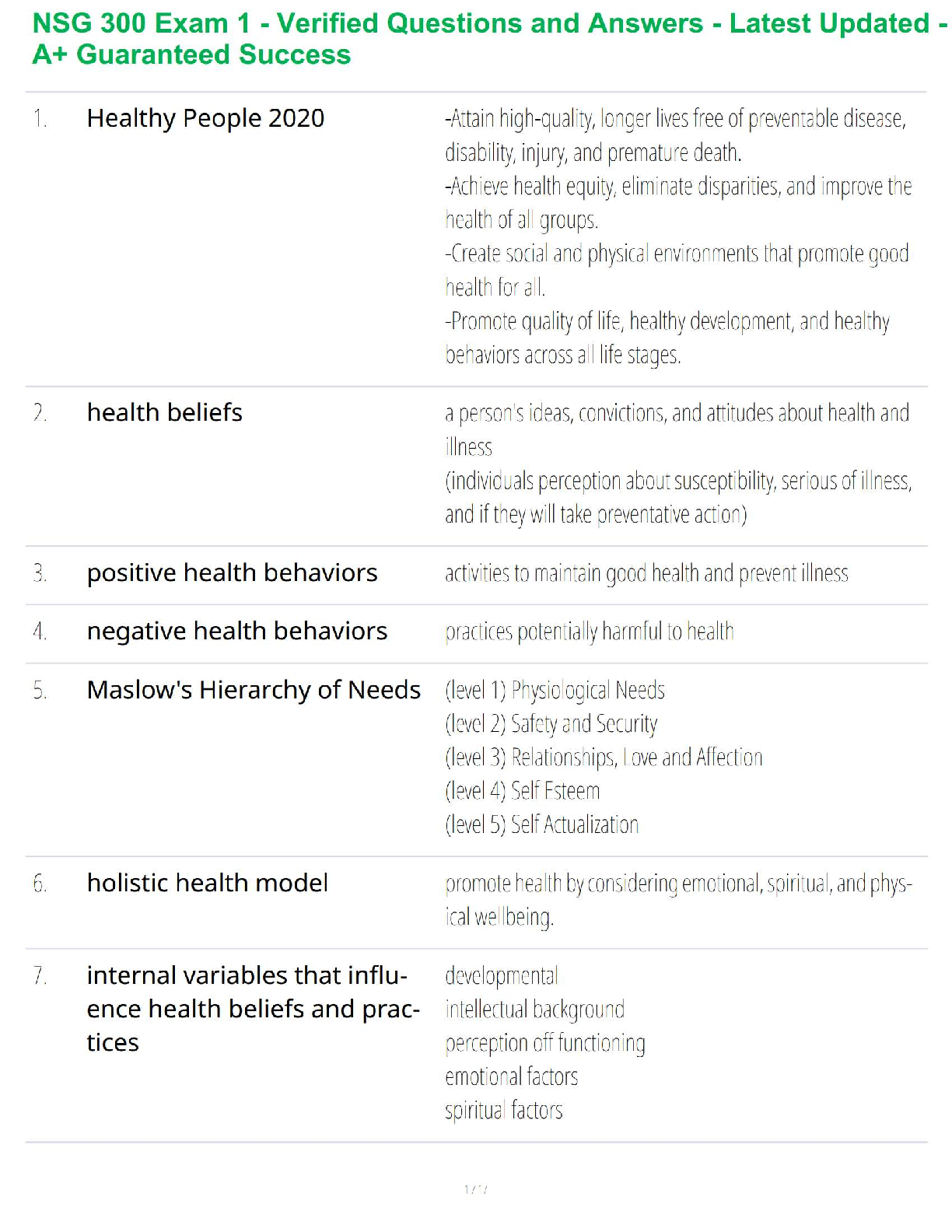Adolescence and Educational Implications
Adolescence is one universal phase in the developmental stages of life. The word first
appeared in the 15th century and seemed to derive from the Latin word “adolescere,” which
...
Adolescence and Educational Implications
Adolescence is one universal phase in the developmental stages of life. The word first
appeared in the 15th century and seemed to derive from the Latin word “adolescere,” which meant
“to grow up or to grow into maturity” (Lerner & Steinberg, 2009). In the United States of America,
the concept got introduced and popularized in 1890-1920 by G. Stanley Hall. The term adolescence
came into being due to the social changes that were brought in with the Child Labor Laws and
universal education at the beginning of the 20th century (Kett, 2003). It is a major topic of
discussion consideration among Psychologists, educators, and researchers to understand its impact
on the growth and development of individuals. This paper will discuss the author’s personal
experience during the adolescence period, the theoretical connections between personal experience
and theory, and the educational implications of the same.
Personal Experience During Adolescence
Even though there is mention of the adolescence phase in ancient scriptures and text, the
concept of adolescence is comparatively new to India. In contemporary India, the adolescence
period is defined as 13-19 years under the Youth Policy and it is fixed differently under different
programs. Still, one can identify the onset of this phase with the physical changes of puberty,
including growth spurt, growth of body hair, and skin changes.
Looking back, decades ago, toward the teenage years, the author remembers the fond
memories of being a teen. There are no clear experiential phases for the onset or exit of
adolescence. However, there remain vivid memories of sets of strong emotions and feelings while
going through physical changes. Growing up in a comparatively smaller city and studying in an allgirls
school, the author never experienced any conflict with self-identity. The schooling between 10
to 18 years of age glows as the best time. During that period author has made some strong
friendship bonds. The fun-loving easy-going nature along with an urge to do better in everything
has always made the author likable with the peers and teachers. Although there is no remembrance
of any major conflicts with peers, the author remembers getting into arguments, clashes, or
[Show More]



